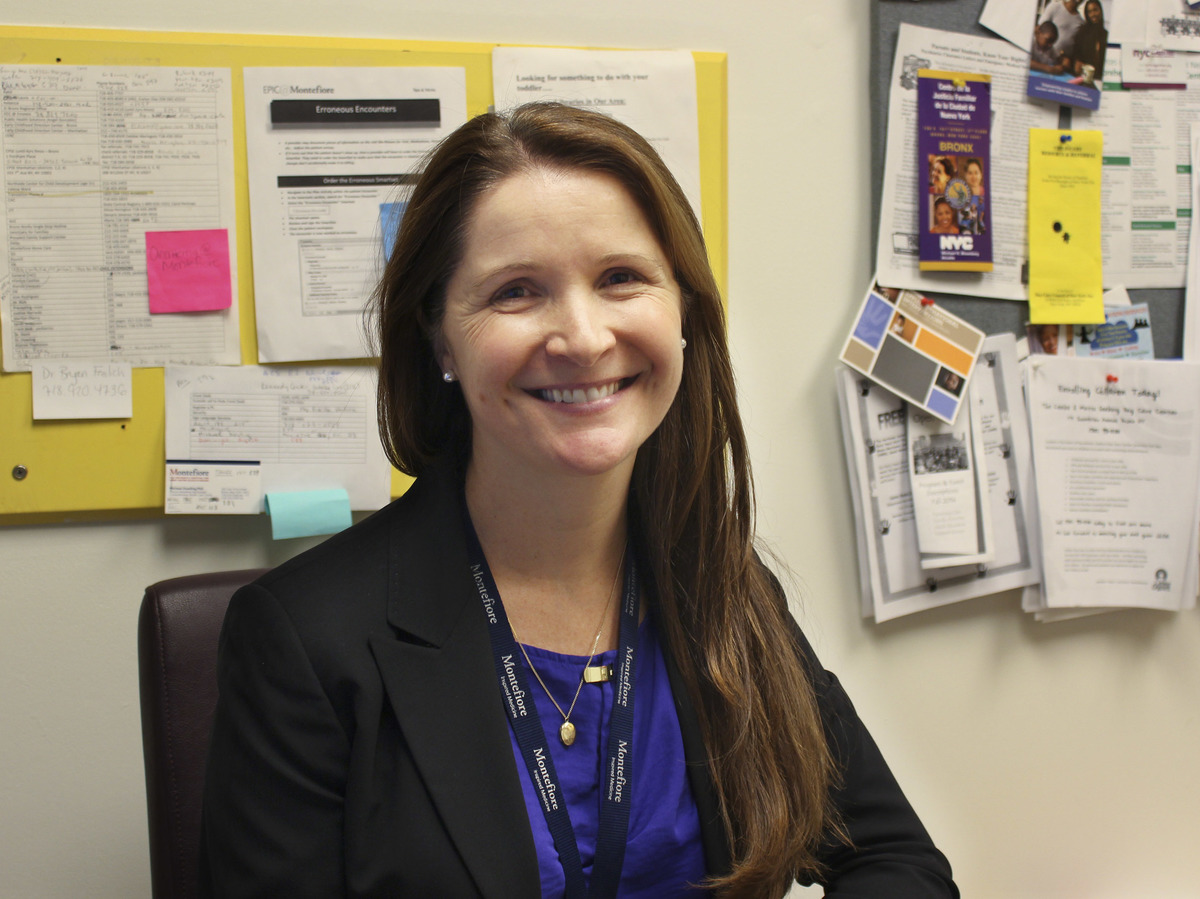- Study Says Most Parents Don’t Use Car Seats In Ride Share Vehicles Like Uber
- This 12-Year-Old Boy Is A Sophomore Aerospace Engineering Major!
- Fire Safety Experts Warn Of Hand Sanitizer Danger After A Mom and Kids Escape House Fire
- Recall Alert: Peaches May Be The Cause Of Salmonella Outbreak, 68 People Ill
- Summer Vacation In The Days Of COVID: Tips To Stay Safe
- How To Safely Grocery Shop During The Coronavirus Pandemic
- Michigan Teen With Vape-Related Illness Undergoes Double Lung Transplant
- Teen Kicks Off Anti-Vaping Campaign From Hospital Bed
- Teenager Receives Life Sentence For Strangling Sister To Death Over A Wi-Fi Password
- Toddler Falls To Death From 11th Deck of Cruise Ship
Experts Say Mental Health Screening In Kindergarten Is Way Too Late


A recent article in the NPR’s ED Series on mental health and schools, shares expert opinion that screening children for mental issues should be done a lot earlier than kindergarten.
Rahil Biggs, New York City based child psychologist who works at the Healthy Steps Program at the Montefiore Comprehensive Health Care Center in the South Bronx, says that children should be screened for mental issues from as young as 6 months.
“Whatever we throw, it sticks. That’s why they can learn Spanish in six months when it takes us six years,” says Biggs, “but also if they’re exposed to community violence, or domestic violence, it really sticks.”
6 months of age may seem too young but that’s when some experts believe it’s important to catch the first signs that something may be wrong.
Waiting until kindergarten is too late, according to some.
Briggs can assess a number of things from babies that young. At the Healthy Steps program, she especially watches the way a baby interacts with the parent.
Briggs says that “If a baby feels safe, a baby will explore, and if a baby explores, a baby will learn,” and that’s the basis for mental health.
Things like divorce, poverty and neighborhood violence can all interfere with that learning and half of all children with mental illness show symptoms before the age of 14.
According to Biggs, a pediatricians office is the best place to spot something is wrong as it’s a place that new parents bring their babies regularly.
In the article, they give an example of how the Health Steps program would step in, in such a case:
“Katherine is one of those parents. We’re not using her last name to protect her privacy.
She and her daughters, Emma Rose, who’s 2, and her twins, Kimberley Rose and Emily Rose, both 1, have come to see Dr. Nina Castelnuovo for a checkup at Montefiore.
In a pediatrician’s office, doctors typically spend just a few minutes with each patient. There’s no way Castelnuovo has time for much more than a physical exam. But today, Katherine says she’s worried that her daughter Emma Rose hasn’t gained any weight in the past year. She’s 23 pounds, but should be closer to 25.
“I think she can also pick up that you’re anxious about this,” Castelnuovo says to Katherine.
Here’s where the Healthy Steps program kicks in full-force. Castelnuovo brings Rahil Briggs, the child psychologist, into the office with the family.
Instead of the pediatrician giving the family a referral to a child psychologist — which they may never follow up on — Briggs is right here, close at hand. The program calls this a warm handoff.
Battles over feeding, toilet training or sleep might indicate an underlying struggle, Briggs tells Katherine. If excessive, it might have psychological roots.
“It’s mostly in the social relationships, the parent-child relationships, and not something medical,” she says.
(Again, those little pink flags.)
Briggs is reassuring, and they work out a plan for Emma Rose, explaining, “We never want to try and force her to eat. We don’t want to get into that struggle with her, that back-and-forth.”
In the following months, Briggs will follow up with the family. She says it’s all about empowering parents so they feel more confident.”






Kim Farnham
October 23, 2016 at 3:45 am
Right….. Let’s get them diagnosed as ADHD, ADD and get them on meds in pre-school!!!! Dumbasses!! Instead of filling them full of unnecessary drugs, try teaching them.